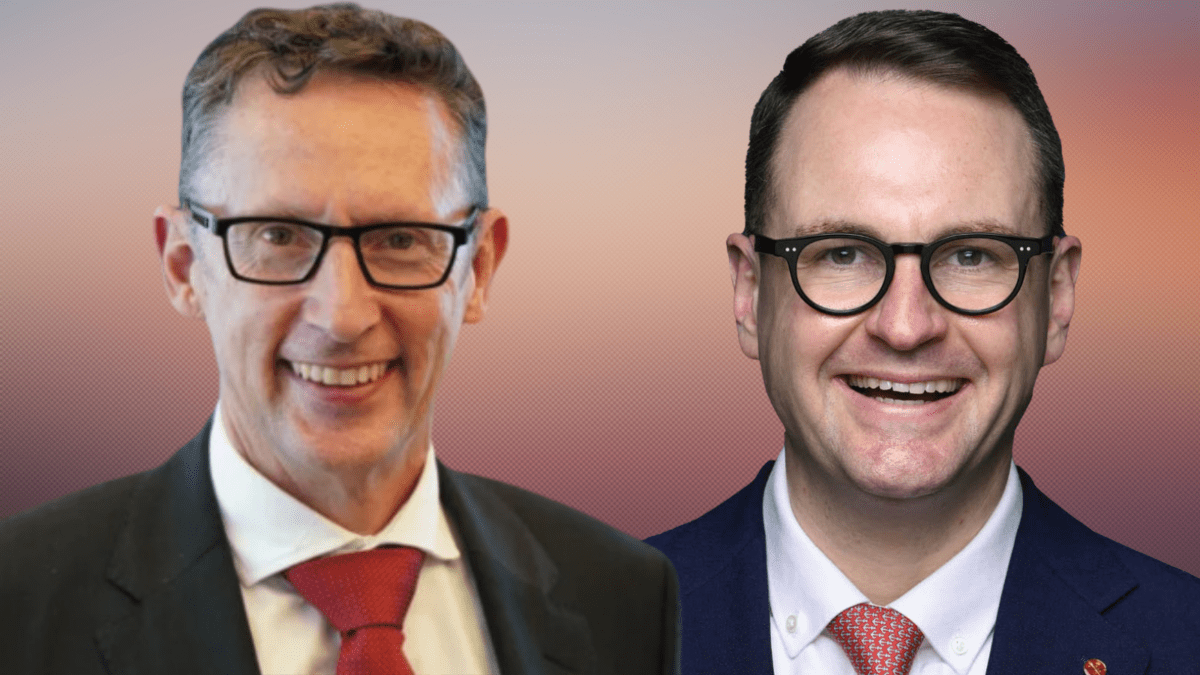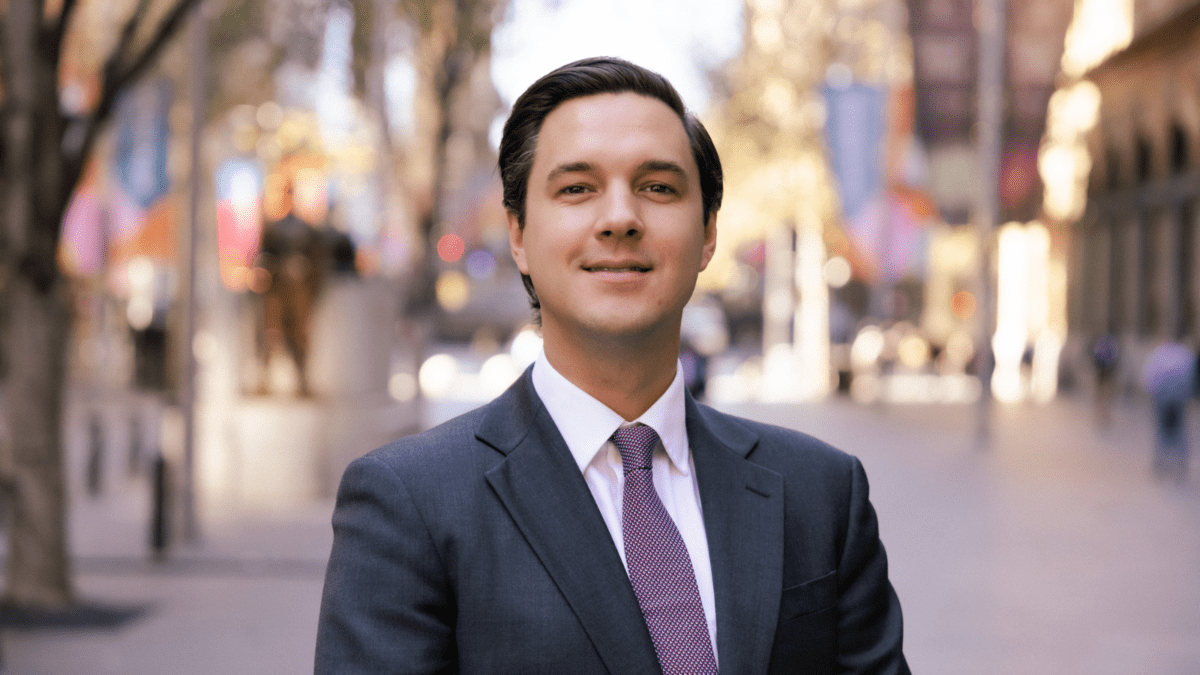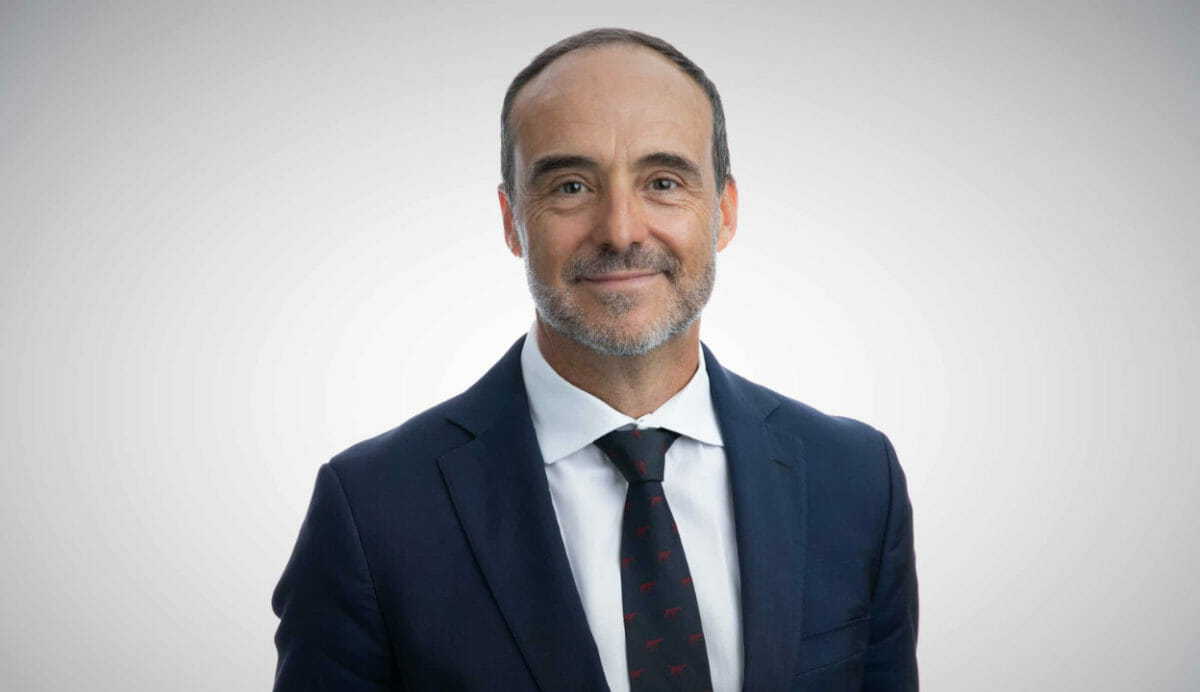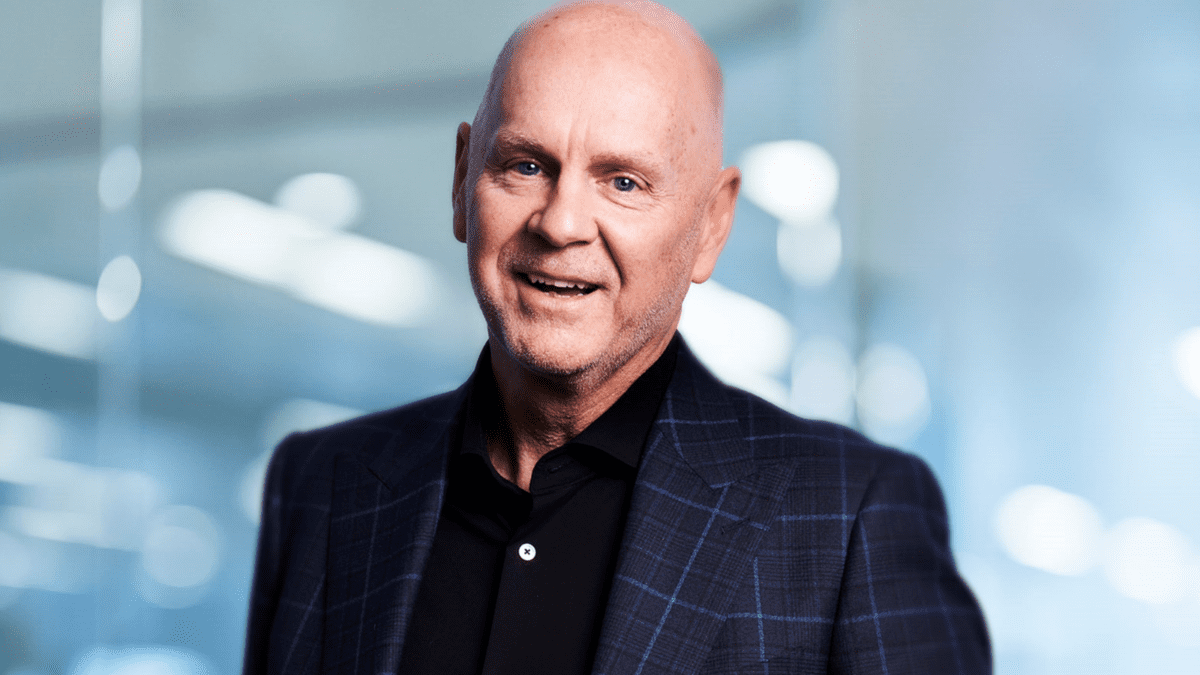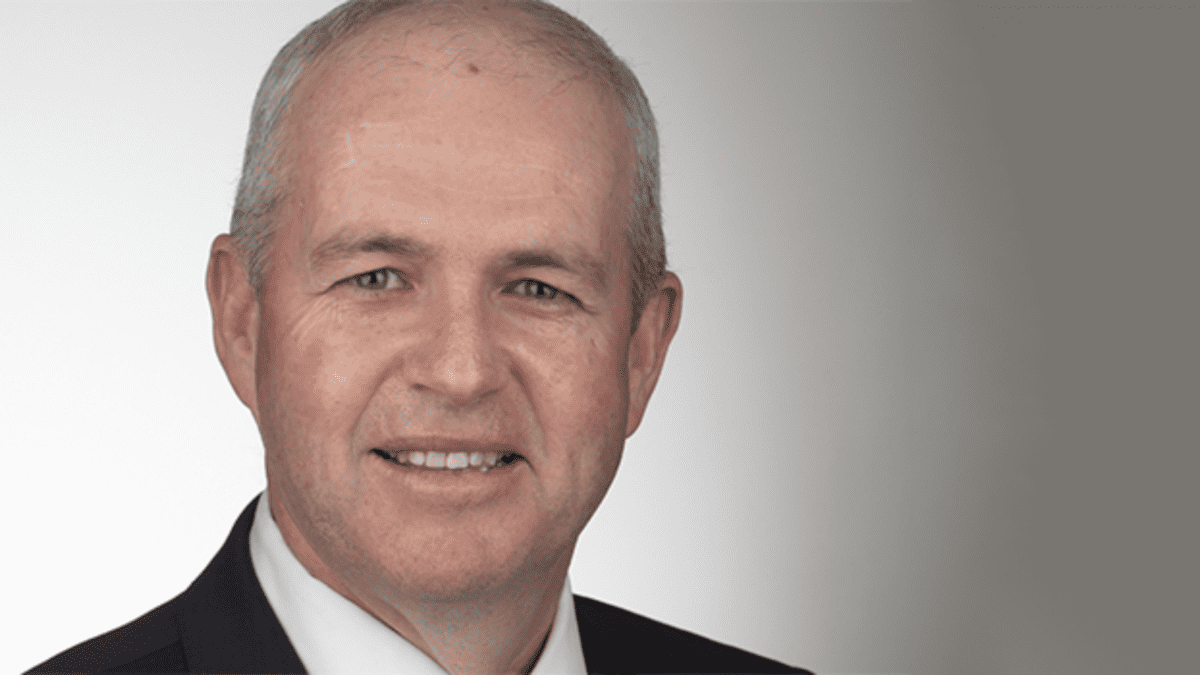-
Sort By
-
Newest
-
Newest
-
Oldest
The average financial adviser is older and brings in more revenue than they did a year ago, but that hasn’t translated into a fatter salary according to data from Adviser Ratings.
There are several aspects to the treatment of the case that don’t add up, the association’s policy lead says, and a transparent public inquiry is more than warranted.
As platform technology develops, the race to become the one dominant platform for Australian advisers is just heating up. In the US, it’s already well underway, with the number of advisers consolidating platforms rising more than 50 per cent in four years.
The Inside Network’s Jamie Nemtsas sits down with award-winning financial adviser Hugh Robertson to discuss how to build ‘centres of influence’ that can help take an advice business to the next level.
The government now has two internal reports recommending an overhaul of the industry funding model. Yet they appear destined to sit on the shelf “gathering dust”, with the financial services minister of the opinion that recruiting more advisers will fix the problem.
The government addressed perceived ambiguity around advice fee deduction from member accounts by pulling out two statements from the bill that essentially duplicated rules that already exist in the sole purpose test.
Just when the quantum of registered advisers will bottom out is anyone’s guess, but the final tally for FY24 could hardly be encouraging for a government desperate to shore up the numbers.
The large advice provision models are holding up in terms of personnel, but super funds and tax advisers are repositioning their offerings as the cost to serve increases at a faster rate than revenue.
New entrants have “crashed” since 2019, and while less competition affords advisers the luxury of charging more, this doesn’t equate to a healthy or prosperous industry according to the FAAA, which wants to build growth through a program that fosters new talent.
Not all fundies are bringing home a smaller bonus this year, according to Kaizen, with BDMs in the alternatives space doing better than those in the more traditional equities and fixed income asset classes. The big trend, however, is that the most in-demand BDMs are now the ones that can sell to investment consultants as well as advisers.
First it was Scarcity Partners taking a sharp left turn to pick up Evidentia. Then KKR swerved just as hard to avoid Perpetual’s asset management business. And now GDG has pushed all its chips into the centre of the table for the most attractive investment consultancy on the market. Spot the trend?
The frictionless movement of assets is becoming a common feature of markets around the developed world, yet Australia remains a step behind. The ASX is in no mood to rush the move to T+1, however, after its calamitous attempt to implement distributed ledger technology.





